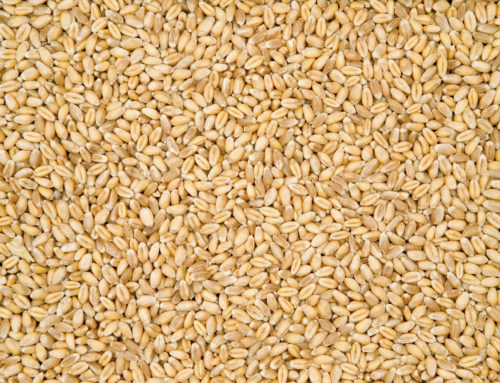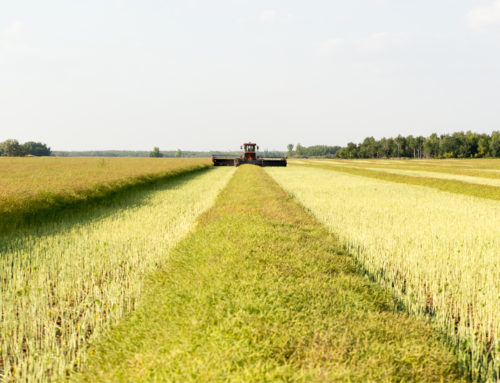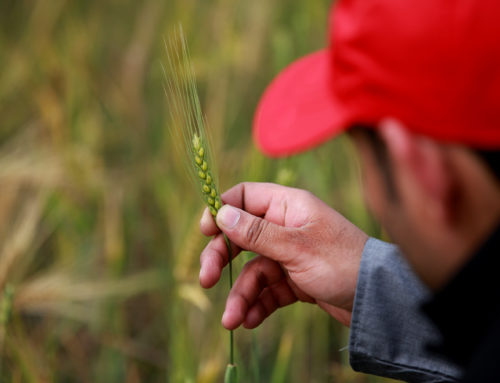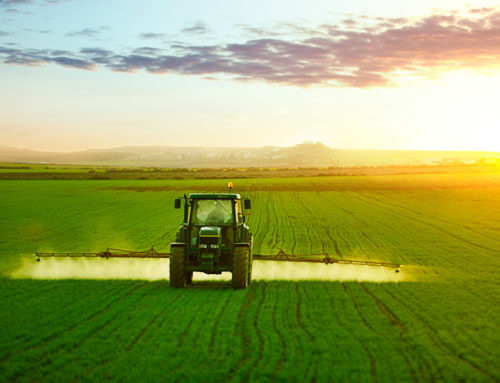By Matt Owens
Does today’s buzz about Twitter, Facebook, Instagram, YouTube, LinkdIn, Pinterest, blogging, and other social networks really matter to agriculture and food?
Social media has been a culture changer. It has been adopted at record pace, and there are now more Facebook users than cars (1.1 billion vs. 750 million). Twitter has 241 million monthly active users. Over 500 million Tweets are sent each day! Twitter has become the fastest growing social network in the world with the fastest growing age demographic being the 55 to 64 year-olds. This social world is becoming tremendously vast and overwhelming. So, why should people who are interested in farming care about social media tools such as Facebook, Twitter, and YouTube? It’s really quite simple: “Mass Influence!” You may not agree with our social-media dominated world, but 57 percent of people talk more online than they do in real life.
The topics of food production, Biotechnology, and GMO are extremely hot issues – and it’s time for people with firsthand experience to influence that through social media to impact public opinion. Anti-agriculture activist groups are becoming increasingly active on social networks. These groups are impacting opinions about food as well as who and what is involved between the farm gate and consumption. Only a tiny percentage of the population (1.5 percent) lives on farm and is part of primary food production, so how can we expect the remaining 98.5 percent to understand the origins of food, todays practices, or what is really happening to get their food to the table? I urge farmers to tell their stories and take part in discussions through social media and everyday conversation, and to correct mistaken beliefs about food production perceived by the media and those who are uneducated about our industry.
Know that if you don’t have a place in the discussion, misinformation from these anti-agriculture activist groups will serve as your voice in the conversation. NOW is the time to engage in the discussion or accept that others without firsthand expertise will be glad to speak for you. What should you do to talk about food and farming in our social world? It’s not as complicated as you might think; invest a few minutes a day for a few weeks and you’ll be surprised at the connections you make. There are many social networking communities built around food and agriculture issues that you can engage in.
Here at Emerge we have spent the winter months working on a platform to engage in social media networks and stay connected to our growers. There is a vast amount of knowledge, experience, and information within this industry that is available through social media, and we want to be active, share our opinions, and pass information on to our growers. By staying connected and actively participating in the discussions around agriculture and food production through means of sharing best practices, ideas, rural photos, videos, tweets, and talking about farming, it will help grow the voice of the minority that we are and put an end to the misinformation regarding our efforts to produce the crops needed to feed the world.
Whether we like it or not, social networks are not a fad we can wish away. They are here to stay, and they are impacting public opinion about food production. These tools influence significant change. There is a huge opportunity for agriculture to get online and be involved in building a connection between food production and consumption.
Don’t you think your voice needs to be part of the conversation? Follow us on Twitter: @EmergeAg







Leave A Comment